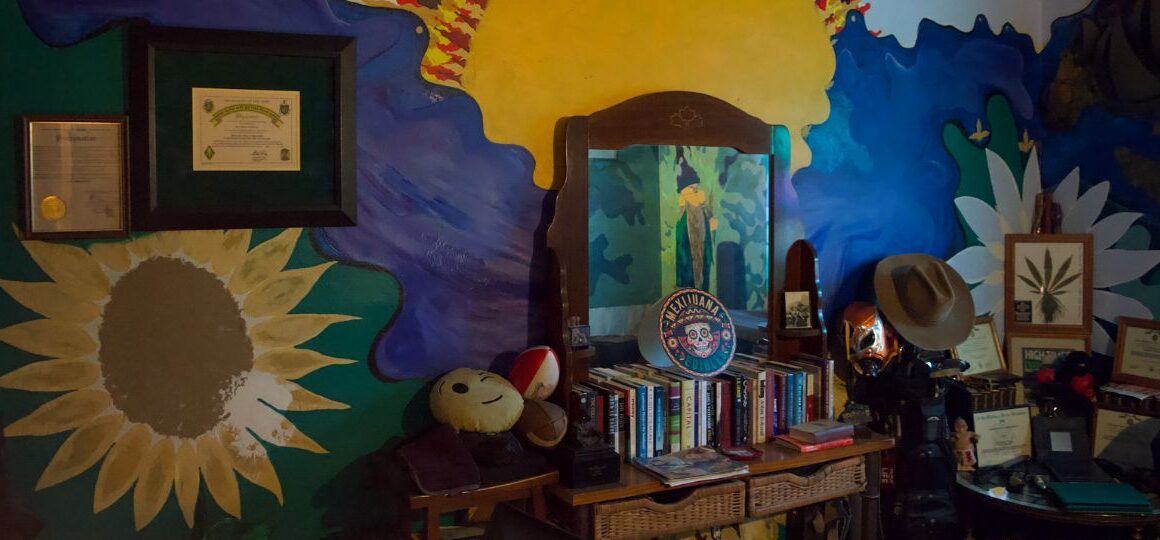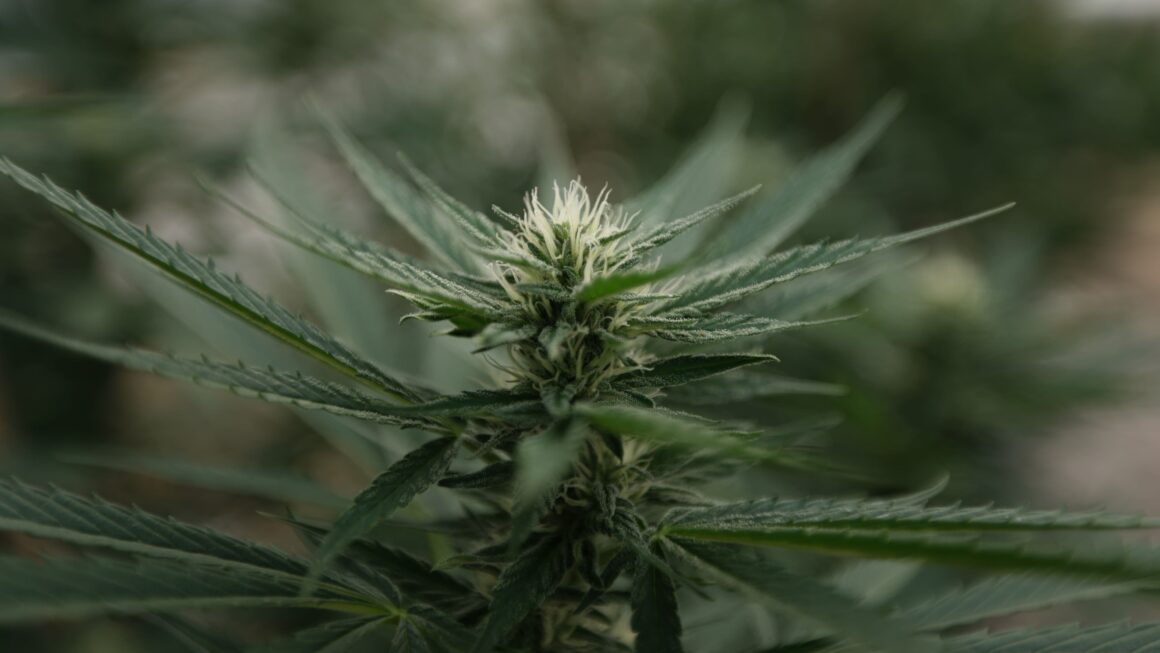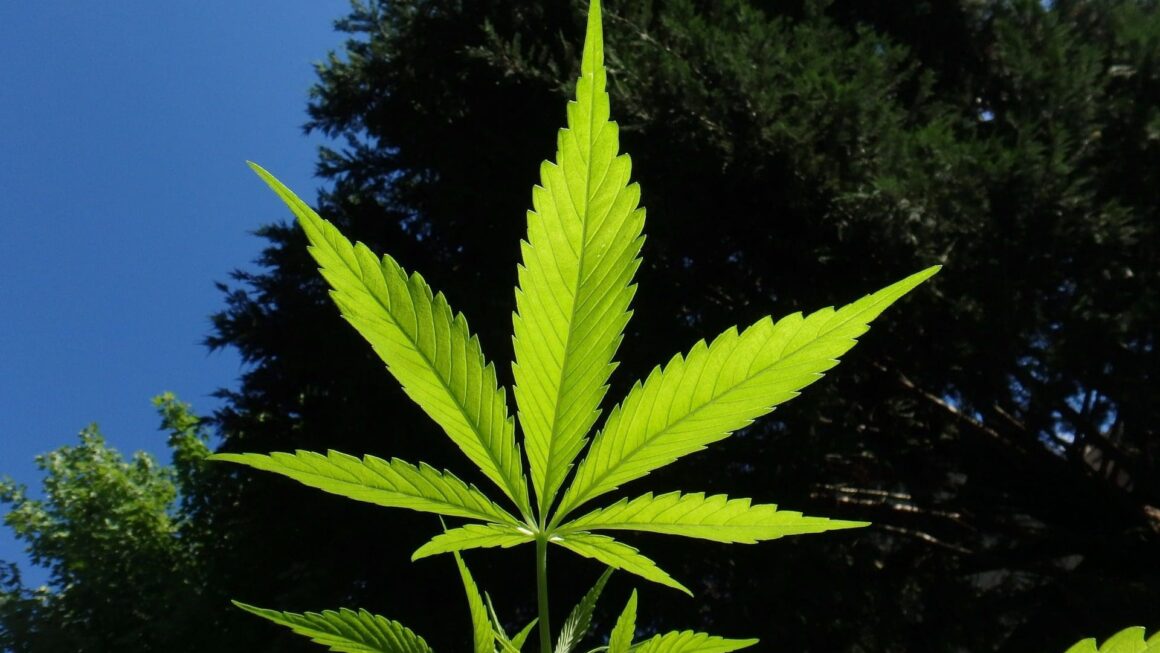“We were given 20,000 doses of MDMA… we will use that to fight the DEA.”
That line lands like a gavel. In an exclusive sit-down, Rick Doblin retraces the underground roots of MDMA therapy, the legal chess match with the DEA, and why he believes the drug war is about power, not public health. The conversation was conducted by Pato Liddle for El Planteo and High Times at LaPsyConf in Buenos Aires in October 2025, the first Latin American conference on mental health, longevity and wellbeing, produced by Expand Red.
Watch the full interview:
Before founding MAPS in 1986, Doblin says he approached people selling ecstasy with a proposal that would bankroll a medical fight. “You’re selling so much ecstasy, you should pay a tax to us… we will use that to fight the DEA.” He says he received 20,000 MDMA doses as that “tax,” plus the chance to buy more while it was still legal. The funds paid for toxicity studies in animals and early legal work. He is clear that this was before MAPS. “There’s nothing like that in MAPS,” he says. “MAPS is [supported by] legal donations.”
Then comes the legal turn you do not hear every day. “The DEA declared an emergency… MDMA became illegal… but they didn’t have the legal authority,” Doblin says. “The first year of the MDMA ban was itself a crime.” Court challenges followed. Recommendations, appeals, rewrites. He sums up the arc with a line built for history class: “Drug war policy has never been about drug abuse. It’s about power.”
Latin America, research, access
Doblin points to the region’s traditions and today’s bottlenecks. “Latin America is way behind what is happening in much of the world, but the need is as great,” he says. One lever is therapist training in Spanish. “Within a year, we will host the first training entirely in Spanish in Mexico City.” Another lever is cost. “Group therapy could bring costs down,” he says, citing projects that compare group against one-to-one care.
On broader access if MDMA wins approval, he floats a simple principle. “MDMA should be generic in Africa and India,” with pathways for lower-income countries where trauma is heavy and budgets are thin.
Harm reduction, raves, culture
He credits underground therapists who kept a clinical thread alive after prohibition, and he treats dance floors as real spaces for processing. “When AIDS was a death sentence… we worked out our grief with ecstasy on the dance floor.” The idea is not romance. It is context. Train peers, offer honest education, keep drugs pure, reduce fear so people can seek help.
Ten quotes you will remember
- “We were given 20,000 doses of MDMA… we will use that to fight the DEA.”
- “The first year of the MDMA ban was itself a crime.”
- “The drug war has never been about drug abuse. It’s about power.”
- “Group therapy could be almost as effective at a fraction of the cost.”
- “MDMA should be generic in Africa and India” if approved.
- “Latin America is way behind… the need is as great here.”
- “Within a year, we will run therapist training entirely in Spanish in Mexico City.”
- “Raves can be healing… we worked out our grief with ecstasy on the dance floor.”
- “It is not the drug, it is the therapy, the context.”
- “The more dangerous the drug, the more important it is that it be legal.”
Interview by Pato Liddle for El Planteo and High Times.





